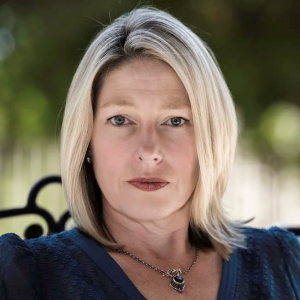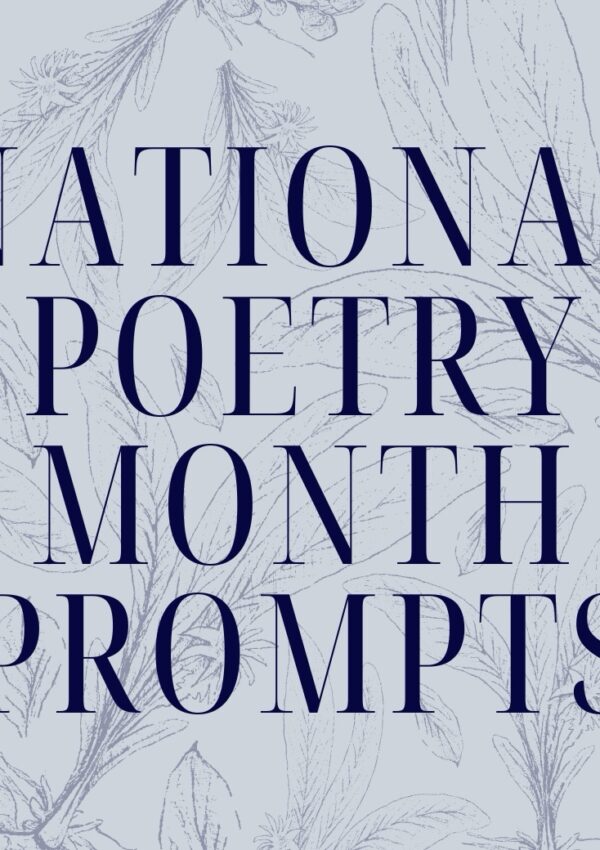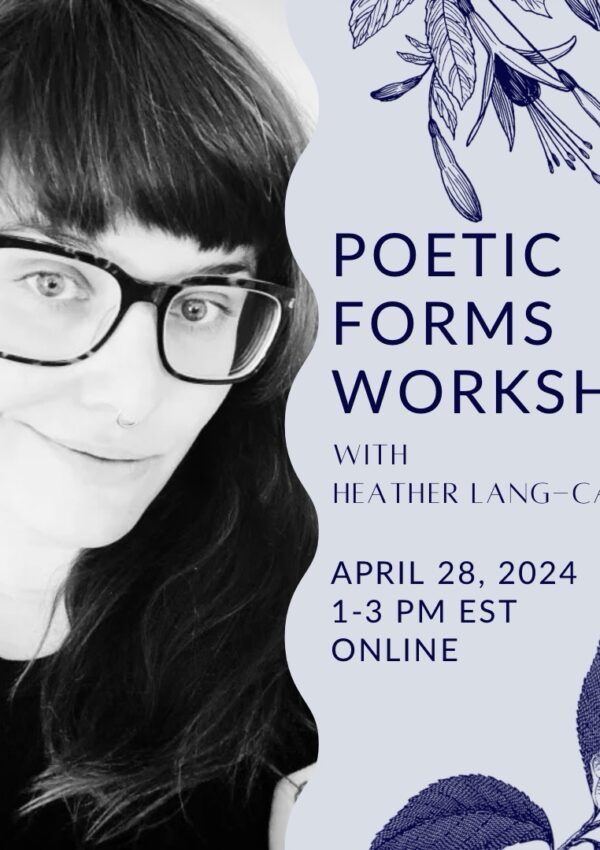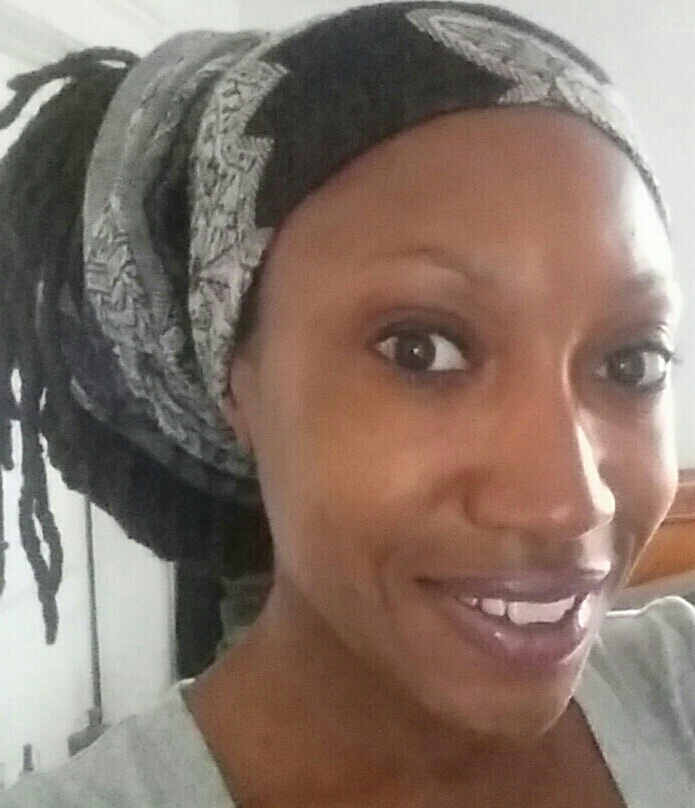An Interview by Alicia Cole
 Patricia Colleen Murphy founded Superstition Review at Arizona State University, where she teaches creative writing and magazine production. Her book Hemming Flames (Utah State University Press, 2016) won the May Swenson Poetry Award. A chapter from her memoir in progress was published by New Orleans Review. Her writing has appeared in many literary journals, including The Iowa Review, Quarterly West, and American Poetry Review, and most recently in Black Warrior Review, North American Review, Smartish Pace, Burnside Review, Poetry Northwest, Third Coast, Hobart, decomP, Midway Journal, Armchair/Shotgun, and Natural Bridge. She lives in Phoenix, AZ.
Patricia Colleen Murphy founded Superstition Review at Arizona State University, where she teaches creative writing and magazine production. Her book Hemming Flames (Utah State University Press, 2016) won the May Swenson Poetry Award. A chapter from her memoir in progress was published by New Orleans Review. Her writing has appeared in many literary journals, including The Iowa Review, Quarterly West, and American Poetry Review, and most recently in Black Warrior Review, North American Review, Smartish Pace, Burnside Review, Poetry Northwest, Third Coast, Hobart, decomP, Midway Journal, Armchair/Shotgun, and Natural Bridge. She lives in Phoenix, AZ.
Black Fox Literary Magazine: So much of this work is about destruction and surviving destruction. What do you hope readers take away?
Patricia Colleen Murphy: I hope that readers feel empowered by the book. Even in the face of hardship, the speaker of these poems maintains a sense of humor, a sense of kindness, and a sense of dignity. I also want readers to know that it’s not acceptable to normalize abusive and addictive behavior.
BFLM: Hemming Flames transitions seamlessly between internal family/self poems and external outsider poems. What did you look for in terms of arrangement when you were organizing this work? How do these poems link and what greater meaning, if any, can be found in their juxtaposition?
PCM: The poems are organized chronologically for the most part, but the external poems and the more surreal poems are used to create a sense of confusion and discomfort. I wanted readers to feel uneasy.
BFLM: You too are speaking out of “many mouths” as it says in “Turkish Get-Ups.” How did you learn to speak from so many different vantage points? What is the poet’s role as raconteur?
PCM: I spent a lot of time trying to understand how each person felt. I also needed a way to explore the family history without simply restating themes. So there are poems in the voice of the mother, the father, and outsiders too. A poet can use these different voices to round out a narrative, and that is what I have tried to do here.
BFLM: What are the themes of Hemming Flames as you see them; which poems best exemplify these themes?
PCM: The themes are grief, loss, pain, and mental illness. I think “Throwing the Proper Tantrums” gets to all of those, and the last poem of course, “With a Whimper.”
BFLM: Hemming Flames is difficult. You make no apologies with this work. Have you ever worried about the revealing nature of your poems in terms of familial relationships?
PCM: Both of my parents are dead.
The family I have left is one brother, one uncle, and 37 cousins.
I asked my Uncle this question last night and he said I had represented people and situations fairly and articulately, and in ways that he felt very viscerally.
In the 1990’s he cared for my mother for several years when she was at her most psychotic, and so he identified with what I wrote rather than being surprised by it.
The cousins who have read the book are very supportive and believe it is important work.
Part of my goal in revealing my brother’s story is to help even just one other person break the cycle of abuse, misogyny, and addiction. I also want parents to see the effect of co-dependence with their children, especially when there is more than one child in the house.
My brother was not kind to me, and he really hated women. I did not speak to him for 16 years. The only occasion to speak to him again was when I found out our father was dying in the house where they both lived, and my brother had kept it from me, and had failed to do anything to help. I found my father at 100 pounds in a filthy room full of feces and blood. I don’t understand how my brother could leave my father that way.
BFLM: What poets, if any, do you hope read this book?
PCM: I would be very happy if some of the poets who helped me read it: Nick Flynn, Gregory Orr, Natasha Trethewey, Ray Gonzalez, and Terese Svoboda. And my closest mentors: Norman Dubie and Beckian Fritz Goldberg. I know Alberto Rios read it of course, as he provided the blurb. Poets I have never met who I admire and would love to have as an audience are: Mark Bibbins, Bob Hicok, and Marie Howe.
BFLM: What works of art (of any medium) are particularly inspirational to you?
PCM: I publish art in my magazine Superstition Review, and I’ve had some stand-out artists recently. From this Issue I love the work of Rossitza Todorova and from last issue the pieces by bedelgeuse were so fascinating.



